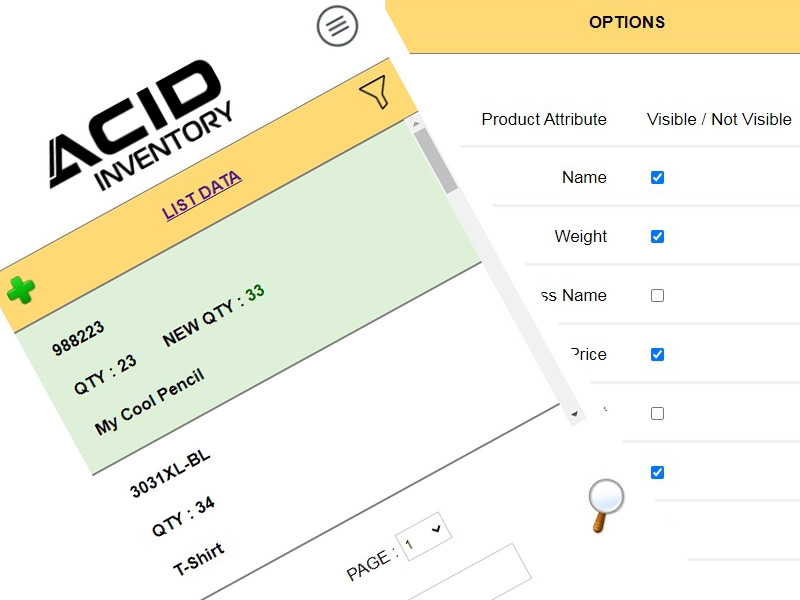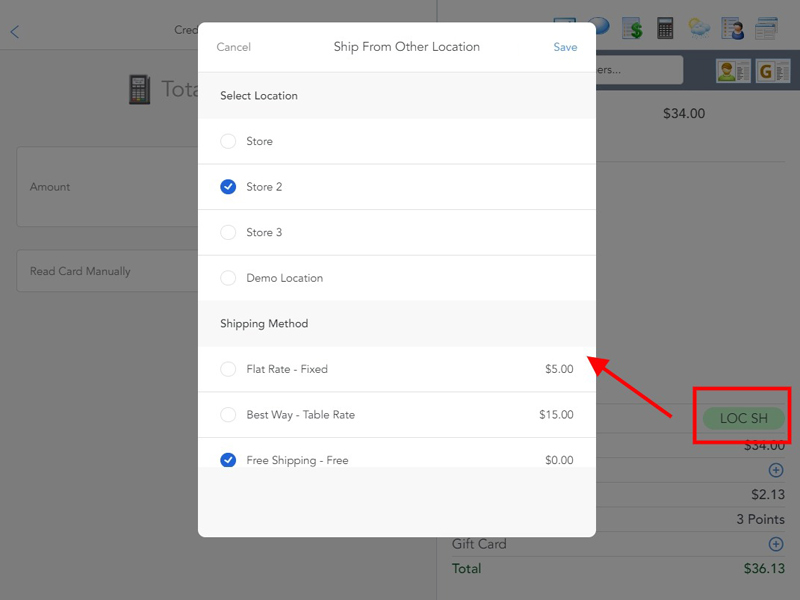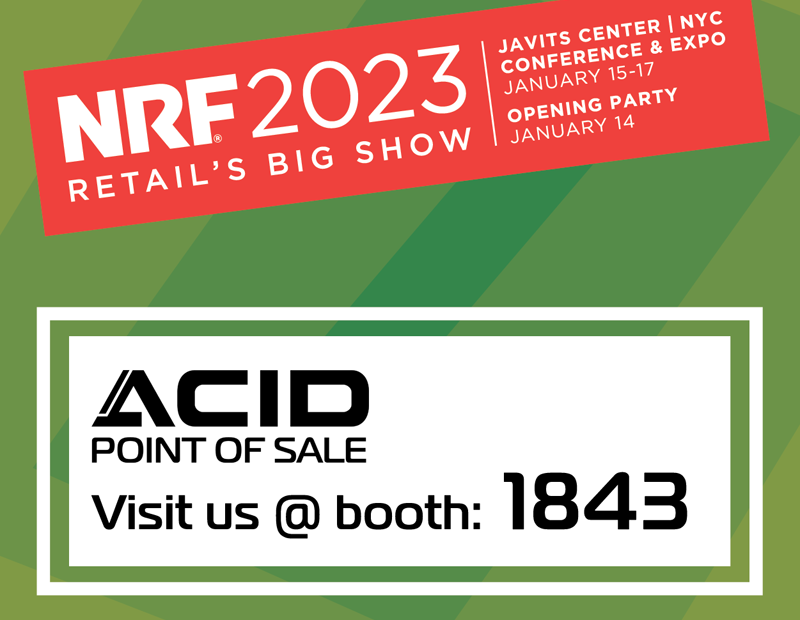ACID Point of Sale is carefully watching the effect COVID-19 is having on retail operations in the United States. Since individual state governors decide quarantine order restrictions, the enforcement differs across the country. Currently, 44 states have strict quarantine orders in place, leaving only Wyoming, South Dakota, North Dakota, Nebraska, Iowa, and Arkansas, with some semblance of normality. However, even in those states, retail businesses have made huge adjustments, and are suffering supply chain disruptions. Quarantines and other new mandates may impact them more soon.
Across most of America, the vast majority of businesses are shut down, except for:
- grocery stores,
- Walmart-class retailers,
- home improvement stores,
- gas/automotive repair,
- banks,
- laundromats,
- marijuana dispensaries,
- liquor stores,
- shipping services,
- animal hospitals, and
- restaurants (for take-out only).
Generally, businesses that are considered essential for consumers are currently allowed to stay open, but what is labeled critical varies amongst states. For instance (currently), cigar stores are deemed non-essential in about half of the states. There has also been some backlash from merchants about the importance of their businesses. For instance, GameStop claimed they were critical to providing customers with equipment to work from home. However, they lost that fight and were forced to close.
Operations are far from usual, even for those merchants still permitted to stay open. Both state and corporate restrictions are reducing hours, limiting the number of people simultaneously allowed in stores, cutting services, and more. Additionally, those businesses that are still open have supply-chain problems, particularly for high-demand products such as toilet paper, paper towels, hand sanitizer, and cleaning products. Other issues in supply chains are hurting merchants as warehouses, manufacturing, and trucking are all impacted by COVID-19.

Businesses that are still open have been forced to make expensive staffing, structural, and procedural changes to try to keep their employees and customers safer. Many companies have installed plastic shielding at registers, provided their employees with personal protective equipment, and instituted frequent sanitation procedures. Some veterinary clinics are meeting clients at their cars and taking pets inside for treatment while asking the people to wait outside. Many retailers are offering additional pay to those employees willing to work. All of these mitigations put a severe strain on operating budgets and the availability of the services the businesses can provide to customers.
Many groceries and pharmacies are offering expanded home delivery services. But even with hiring additional personnel to handle the increased demand, some markets, like New York City, are seeing two-week delays for grocery delivery. Safety-procedures may also limit delivery service to leaving groceries in a building lobby instead of at a customer’s door. Additionally, because of supply problems, customers are experiencing high levels of dissatisfaction when they get only partial orders delivered.
It is impossible to predict the long-term effects of COVID-19 on retailers. The landscape is continually changing, and the infrastructure necessary to maintain retail operations is struggling. Government regulation, treatments, and the spread of COVID-19 will all play huge roles in the way businesses continue to function over the next few months.










About The Author: Madison Russell
Madison has been an avid tech writer for over a decade in point of sale and eCommerce related field. A former software engineer graduate and currently a pretty good cook. Madison loves to spend time reading about innovative software and participate in various new gadget studies.
More posts by Madison Russell